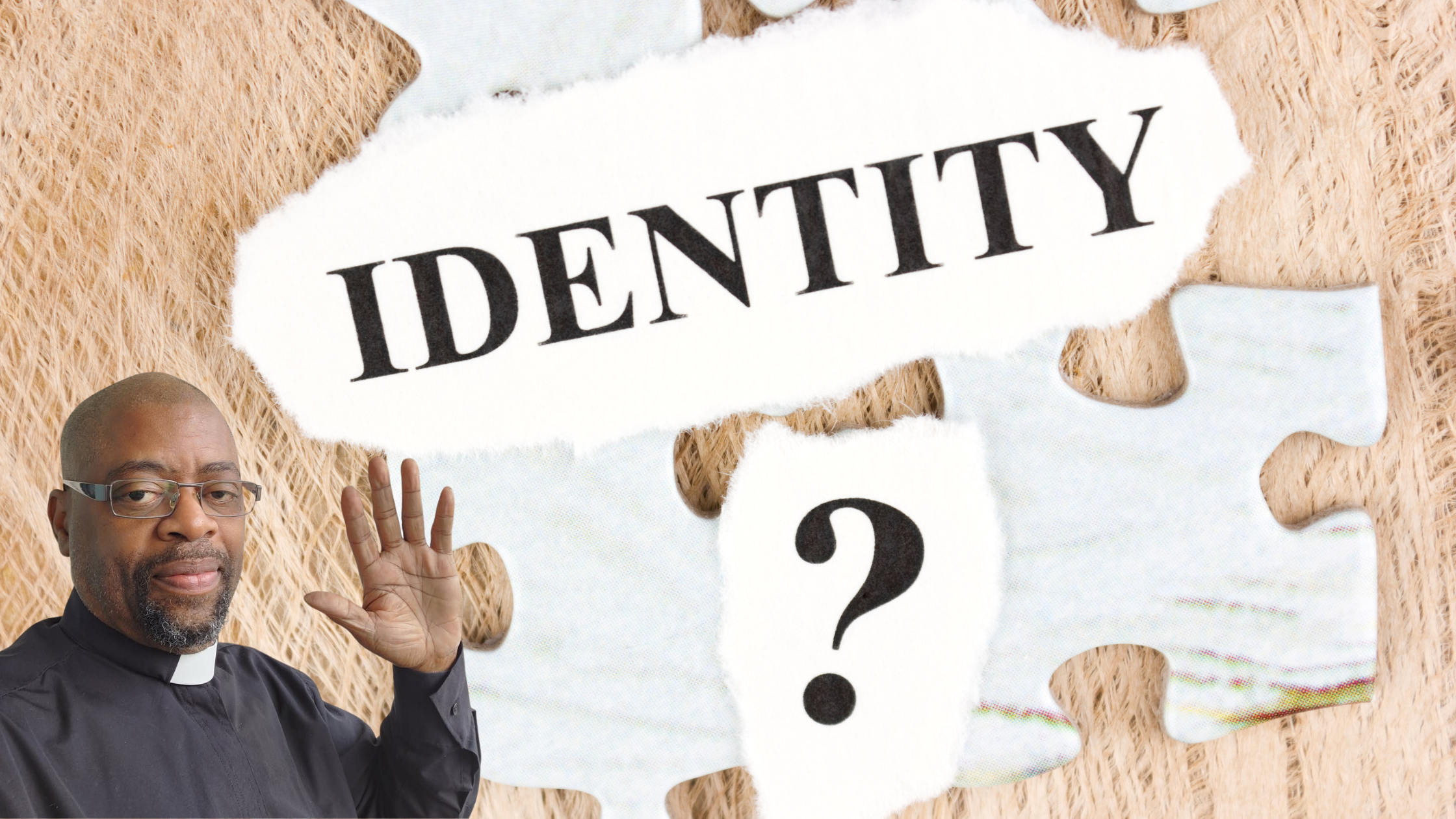We often find ourselves tied to various objects, groups, or identities that shape our sense of self and they inform our daily lives. These external identities can provide a sense of belonging, security, and purpose, but they can also create fragmentation in our existence.
The Rules of External Identities
Each external identity comes with its own set of rules, norms, and expectations that govern our behavior and interactions within that context. For example:
- A job may have specific dress codes, work hours, and performance metrics.
- A religious organization may have strict doctrine and rituals.
- A family or social group may have cultural traditions and values.
These rules allow us to participate in the lifestyle and benefit from the connections and sense of belonging they provide. However, when we tie ourselves too closely to these external identities, we risk becoming limited by their constraints.
The Limitations of External Identities
When we become identified with an external identity, we can start to see the world through its lens.
We may begin to reject ideas or perspectives that don’t align with our group’s norms or values. This can lead to a narrow and fragmented view of reality, where we focus on one aspect of life while ignoring others.
For instance:
- A mathematician who only learns mathematics in one way may be unable to consider alternative approaches or perspectives.
- A Christian who identifies solely with their church community may struggle to engage with the world beyond its boundaries.
The Freedom of Christ
However, when we tie our identity too closely to an external object, we can become trapped. We may feel a sense of loss or trauma when that object changes or when we are forced to adapt to new circumstances.
But what if we could transcend these limitations and find freedom in Christ? What if we could participate in the world without being bound by the rules of our external identities?
Participating in Life without Being Limited
When we identify ourselves with Christ, we can begin to see the world through a different lens. We can participate in life without being limited by the constraints of our external identities. We can be in the world, but not of the world.
We can learn new things, explore new ideas, and engage with the world in ways that were previously unavailable to us. We can be shaped by the Spirit’s guidance and learn to navigate life’s complexities with greater ease by engaging Christ while participating.
This approach allows you to become the observer and thinker in situations rather than to react. See why there are dangers when you suppressing versus engagement
The Trauma of Identity Fragmentation
When we tie ourselves too closely to an external identity, we risk creating fragmentation in our existence. This can lead to chronic trauma, anxiety, and eventually feelings of disconnection. People who are near retirement experience this feeling more than others.
The Consequences of Fragmentation
When we tie ourselves to external identities a sense of fragmentation manifests itself. The more things we are connected to the more fragmented we become. This means that different aspects of our lives extracts from us. The more of you outside of you, the more difficult it becomes to know thy self.. This disconnect is what creates the fragment leading to feelings that nurture trauma and also affects those who struggle when it’s time to retire.
Chronic Trauma and Anxiety
As we struggle to reconcile the conflicting demands and expectations of our various identities, this type of fragmentation eventually leads to chronic trauma and anxiety. Unconsciously, you may perceive yourself as living multiple lives, each with its own distinct identity, rules, and responsibilities. This can create a sense of disconnection between different aspects of your life, making it feel like you’re experiencing them as separate entities rather than an integrated whole.
The Feeling of Disconnection
As we become more fragmented it leads to PTSD/trauma. When you start to feel disconnected, lost, don’t trust your own thoughts, or feel life is over it’s time to get help.
An example of how disconnection can manifest in various ways, such as:
- Feeling unfulfilled or empty, despite outward appearances of success
- Struggling to form meaningful relationships due to a lack of emotional connection
- Experiencing anxiety or fear in response to changes or uncertainty
- Feeling like we’re just going through the motions of life, without purpose or direction
The Prevalence Among Retirees
Research suggests that people nearing retirement are particularly susceptible to these feelings. This may be due to a number of factors, including:
- The transition from one stage of life to another, which can be fraught with uncertainty and change
- The loss of structure, wages, health insurance and purpose that comes with leaving the workforce or no longer being identified as “employees”
- The increased time for reflection and introspection as they sit around doing nothing can reveal deep-seated feelings of fragmentation and disconnection.
Breaking Free from Fragmentation
However, it’s not too late to break free from this type of fragmentation. By recognizing the ways in which external identities may be limiting your connection you can begin to make changes which can help with reconnecting you with yourself where Christ dwells.
- We can start by identifying areas where we feel fragmented or disconnected and then addressing them by having dialogue with yourself along with Christ. Why do I feeling this way? Am I affected by something right now or from my past or am I worried about something that hasn’t happened?
- We can seek out new sources of purpose and meaning, such as hobbies, relationships, or spiritual practices which will give you purpose.
- We can practice self-compassion and kindness, acknowledging that it’s okay to not have all the answers and that growth is a process.
Tying ourselves too closely to external identities can lead to fragmentation in our existence, resulting in chronic trauma, anxiety, and feelings of disconnection. However, by recognizing these patterns and seeking out new sources of purpose and meaning, we can begin to break free from this type of fragmentation and reconnect with God and ourselves in a more meaningful way.
But when we find freedom in Christ, we can begin to heal and integrate the fragments of our lives. We can learn to see the world as a complex tapestry of relationships, perspectives, and experiences, rather than through the narrow lens of one external identity.
Conclusion
It’s essential to recognize that our external identities are not the ultimate source of meaning or purpose in life. When we tie ourselves too closely to these objects, groups, or roles, we risk creating fragmentation and limiting our relationship with Christ and others.
By identifying ourselves with Christ by letting him shape our identity you can find freedom from these limitations and participate in life without being bound by rules or expectations. We can learn, grow, and engage with the world in ways that are rich, diverse, and meaningful.
May this article inspire readers to explore their own relationships with external identities and discover the freedom and liberation that comes through a deeper connection with Christ.


Leave a Reply